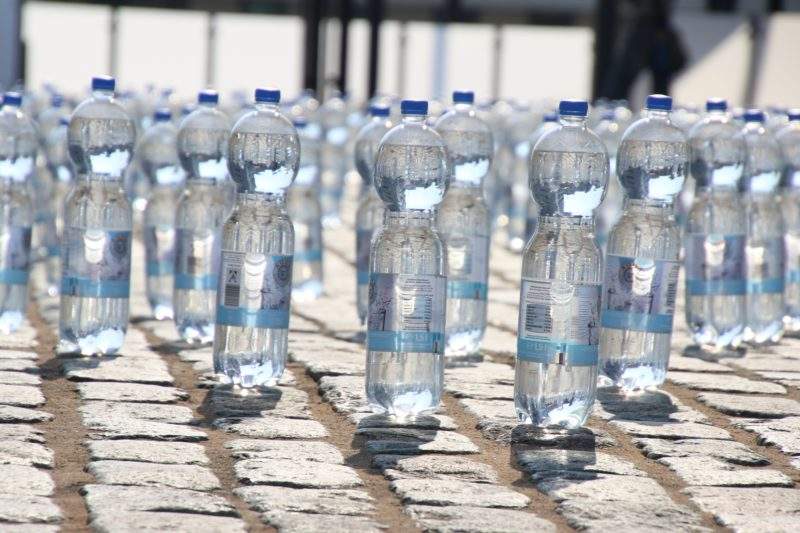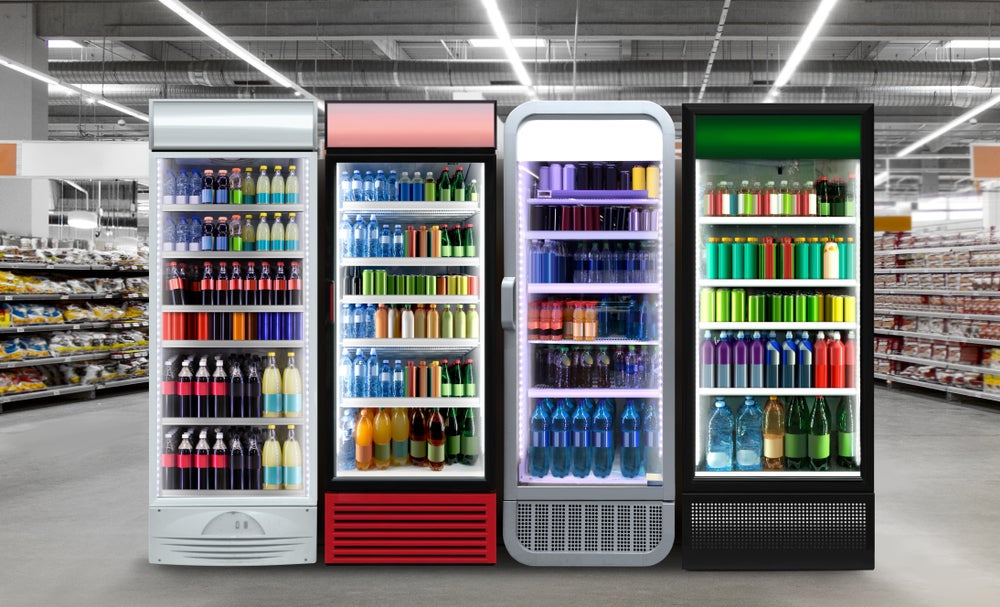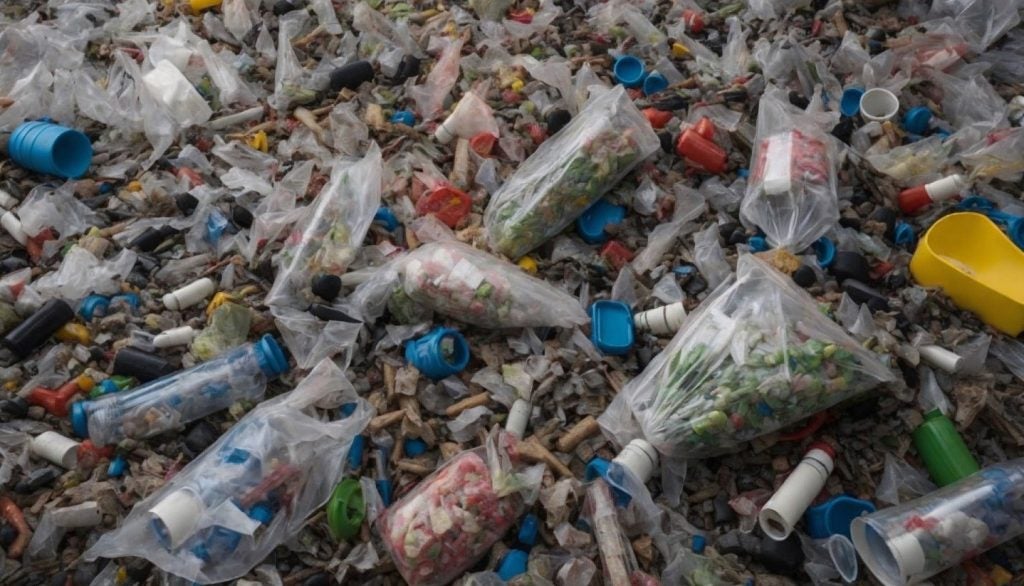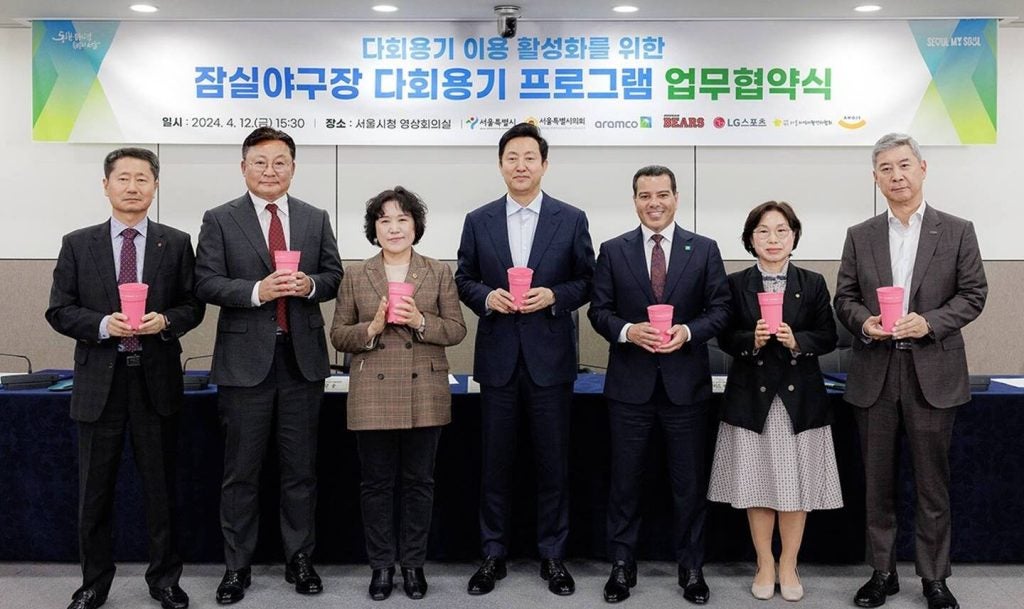
Plastic packaging could “dominate” supermarket shelves with the introduction of a Deposit Return Scheme (DRS) in the UK, according to new findings from the Aluminium Packaging Recycling Organisation (Alupro) produced in collaboration with think-tank London Economics and experts across the UK packaging sector.
Alupro has said that the new flat-rate DRS, set to come into force in England, Wales, and Northern Ireland in 2023, will cause supermarkets to replace billions of beverage cans with plastic packaging, causing 60% of consumers to switch from recyclable aluminium cans to plastic bottles.
The UK DRS scheme aims to tackle plastic pollution, increase recycling rates, improve recyclate quality, and minimise litter. The scheme, when implemented, will see a deposit value added to the price of beverage products in store. This deposit will then be refunded to the customer when empty packaging is returned for collection at a designated point.
This type of scheme is already underway in over 40 countries and territories, including Norway, Sweden, Germany, and Australia. Different countries have different models.
The scheme will use a flat-rate model, thereby applying a fixed fee to all beverage containers. In a statement, Alupro said: “This unsophisticated approach could see customers charged an additional £4.80 for a 24-can multipack – on top of product purchase price – compared to just 80p for a two-litre plastic bottle, which research suggests would result in 60% of shoppers opting for larger, cheaper. but much less sustainable plastic alternatives.”
As well as increasing plastic packaging usage, Alupro claimed that the flat rate scheme would result in demand for aluminium cans falling by 11%, meaning that the aluminium packaging industry would see an annual production shortfall of 4.7 billion units. The threat of plant closures is also a cause for concern.
How well do you really know your competitors?
Access the most comprehensive Company Profiles on the market, powered by GlobalData. Save hours of research. Gain competitive edge.

Thank you!
Your download email will arrive shortly
Not ready to buy yet? Download a free sample
We are confident about the unique quality of our Company Profiles. However, we want you to make the most beneficial decision for your business, so we offer a free sample that you can download by submitting the below form
By GlobalDataAlupro calls for variable rate DRS
Alupro executive director Rick Hindley said: “While we are fully supportive of a well-designed DRS, research surrounding best practice design is limited. Our report aims to fill the gap and provide extensive modelling into the real-world implications of differing deposit fee options.
“While some may think that a flat rate deposit fee would be easier to implement, this isn’t necessarily the case. What’s more, it would result in a tidal wave of unnecessary plastic – a key issue that the scheme is fundamentally trying to solve. If the UK adopted a variable rate DRS, demand for plastic would drop notably. What’s more, we would see significantly higher return rates in the first two years of DRS operation and limited impact on portion size or product waste.
“Our concern is that simplicity will override sustainability in senior-level decision making. As such, we are imploring the government to take our statistics and modelling into close consideration when discussing the design of the UK’s DRS.”
Flat rate model vs. variable rate model
A flat-rate model, such as the one projected for the UK deposit scheme, means that one fixed fee is applied to all beverage containers. This means customers could be charged an additional fee for buying a multipack, which causes concern for Alupro that this will encourage consumers to switch to plastic to save money.
A variable fee would mean that containers would be allocated a deposit value based on its size. This is the case in Norway, whose ‘Panting’ DRS scheme charges different rates depending on product. For example, aluminium and small PET containers are set at NKR2 (17p), while larger PET containers are set at NKR3 (26p).
Scotland will also be applying a fixed rate fee to their DRS which is set for public release in 2022. Under Scotland’s DRS, consumers will pay a fixed deposit of 20p on single-use drink containers. According to Zero Waste Scotland, the non-profit behind the scheme – Scotland’s DRS will see 34,000 fewer plastic bottles littered daily and £62m saved annually as a result.







